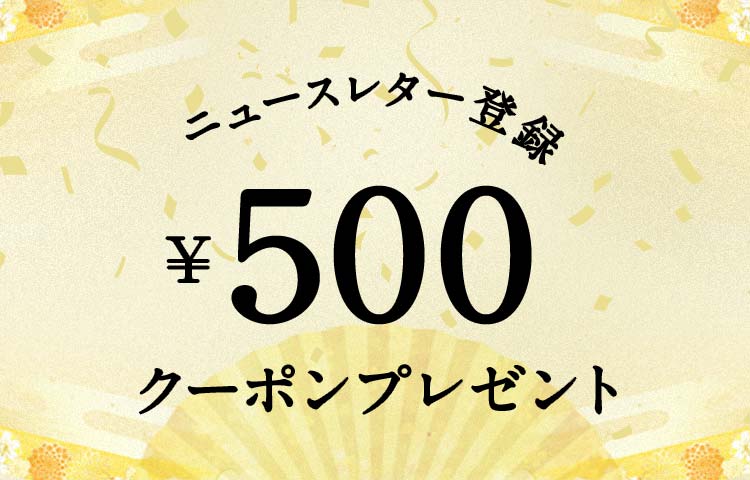
*The pattern may be different from the image shown due to the cutting process
Detail
| Product : | Dashi-fukusa Cloth (Tea-things) (The "Enshu"Brocade with Seven Treasures Pattern) |
|---|---|
| Type : | 出帛紗 |
| Size (cm) : | W27.0 x H28.0 |
| Tags : | 130th anniversary object-3、 stoat、 Wrapping available、 Famous fabric、 Enshu Cloisonne、 Search_Spring Weekend 2025 Target、 Search_Spring_Weekend_2025_Subject_3、 Autumn Tea Ceremony、 Tea utensils、 fukusa、 |
| Other : | The pattern may be different from the image shown due to the cutting process. Please understand this in advance. |
| Other : | Gift wrapping service available |
Reviews
Description
An item for tea ceremony, good for interior decoration, too.
Patterns
The "Enshū" Brocade with Seven Treasures Pattern

After the great tea-masters such as Riky ū, Oribe and Sekishū, Enshū Kobori (1577-1645) has become a distinguished expert of the tea ceremony in Japan.He contributed a great deal in designing the gardens of "Katsura" and "Shūgaku-in" and other famous gardens. Apart from garden construction, he ordered from China various works of art and craft using the cut patterns he designed himself and thus left a valuable cultural inheritance to posterity.
The "Seven Treasures" pattern called the "Enshū" pattern is one of these works and is a good proof of his order to China. The desi gn with somewhat rectangular forms enclosing a round "Shippō" pattern and flowers such as a chrysanthemum, a camelia and a peony has become most famous.
Today there are some cases where this pattern is used without conscious awareness and in this way shows its great influence.













